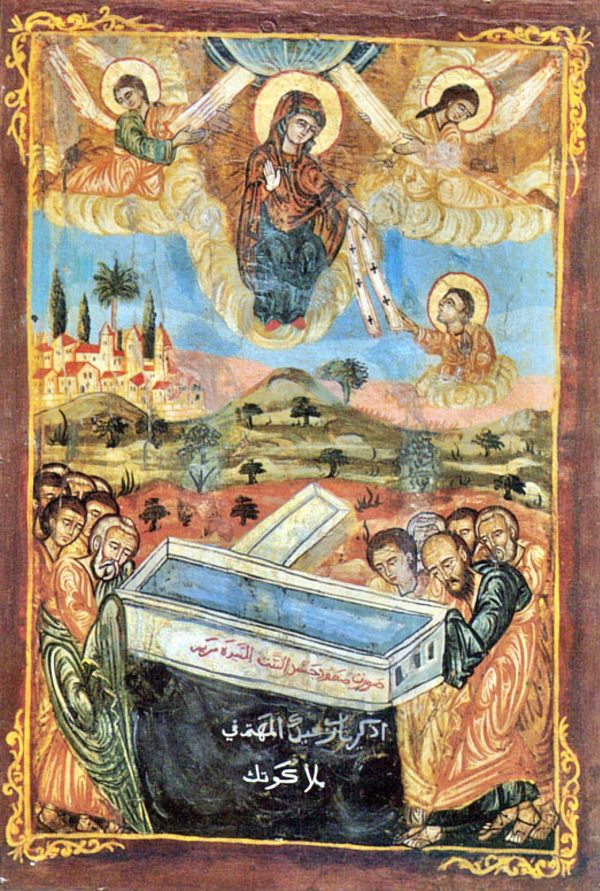(Mt 13:47-53)
«Treasure» is the Gospel, the Word of God: a real bargain (v.44). «Pearl» Man is Jesus (vv.45-46).
«Kingdom» is the living assembly - people without merits, with an unexpected outcome; fruit of commitment to the search for the best.
The parable of the Net emphasizes the Result of the Kingdom of God, that is, the educational-operative Gift of the community, “area” in which God ‘reigns’.
The Church dreamed of by Christ is like a Net that pulls us up to the light, to the breath, to existence in fullness.
Conviviality of differences that makes each and everyone reborn, but without holding back the rotten and putrefied [nasty, corrupt, spoiled, dead: v.48], ie the one that has no life, nor does it longer offer it.
This is not a trivial moralistic or forensic judgment, between good and bad!
It is the distinction between what remains full and «beautiful» (in the Eastern sense) and what - putrid, rotten - corrupts and degrades, leaving irreparable filth, ordure, scum.
In short: it is in fraternal realities that God has a foot on earth.
In Communion, the Lord becomes Nest and real Presence. Ally who even in difficult moments lets us contact regenerative energies.
Friendship and eminent Self, Landing Place and vocational Instinct that although hidden fills the path, transforming it into Relationship; even in fleeting, brief moments.
Here he is Living in us, while He brings forth Joy of being, because He fills the mentality of everyone, and allows dialogue and the exchange of gifts that make joy come alive and shine.
In this way, we are precisely the divine intervention in the ordinary existence of people, when we correspond and cooperate with His creative-promoting action of being, abundant and total.
No exclusion or condemnation: only joy, in the sense of vital wave fullness.
On every son the Father returns with care. His work does not discard a priori the unsuccessful "piece", but only what is not needed for complete life.
Now the world is intermingled, and we should not be estranged from our time, yet this does not detract from the fact that it is good to be mindful of what is eternally human.
We welcome the things of our world, but we try to go beyond the contingent - for intensity, for love: all the beauty there is.
Believers are responsible for the transmission of the Faith (v.52). In doing so, they make clear the wisdom of the Kingdom, the difference between custom and personal Calling.
The Lord's intimates invite all to be patient, so that each one may have time for growth, and choices may be ‘useful’. And beautiful ones (v.48).
Everything we have already assimilated through family upbringing thus acquires an amiable, profound, intimate, engaging, creative dimension.
And at the same time a broader purpose, but enlightened from within.
To internalize and live the message:
Has the experience of community entered you and enriched the idea of God?
[Thursday 17th wk. in O.T. July 31, 2025]












